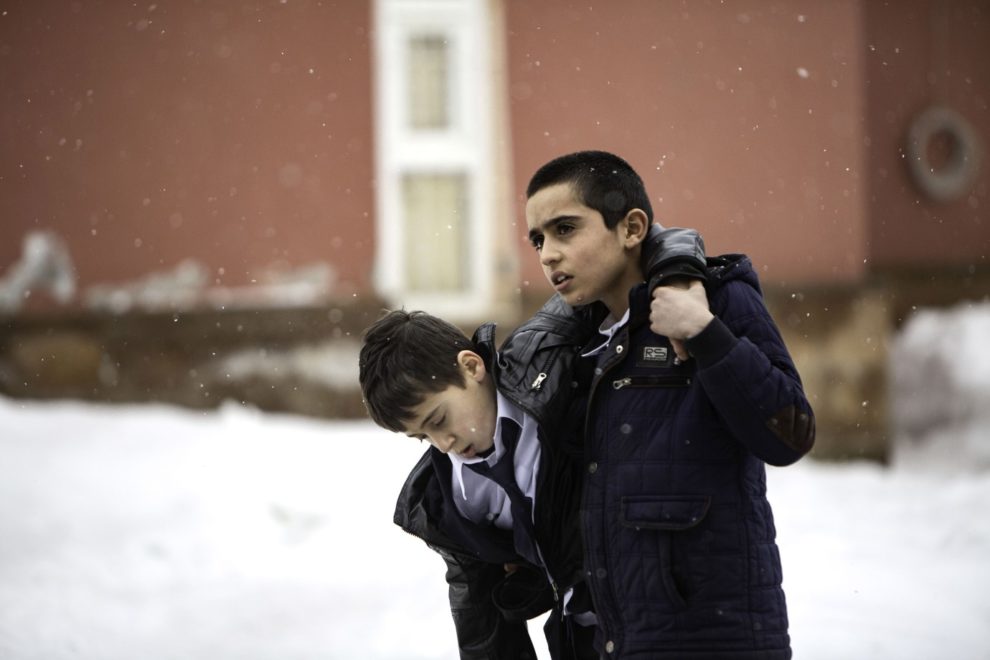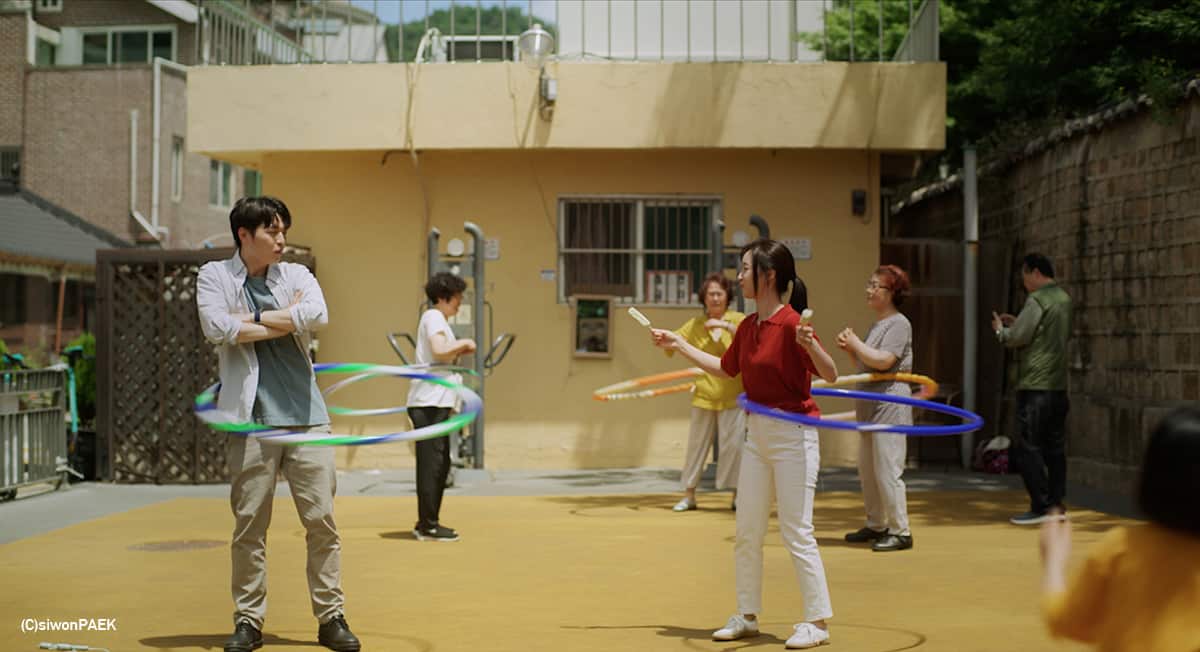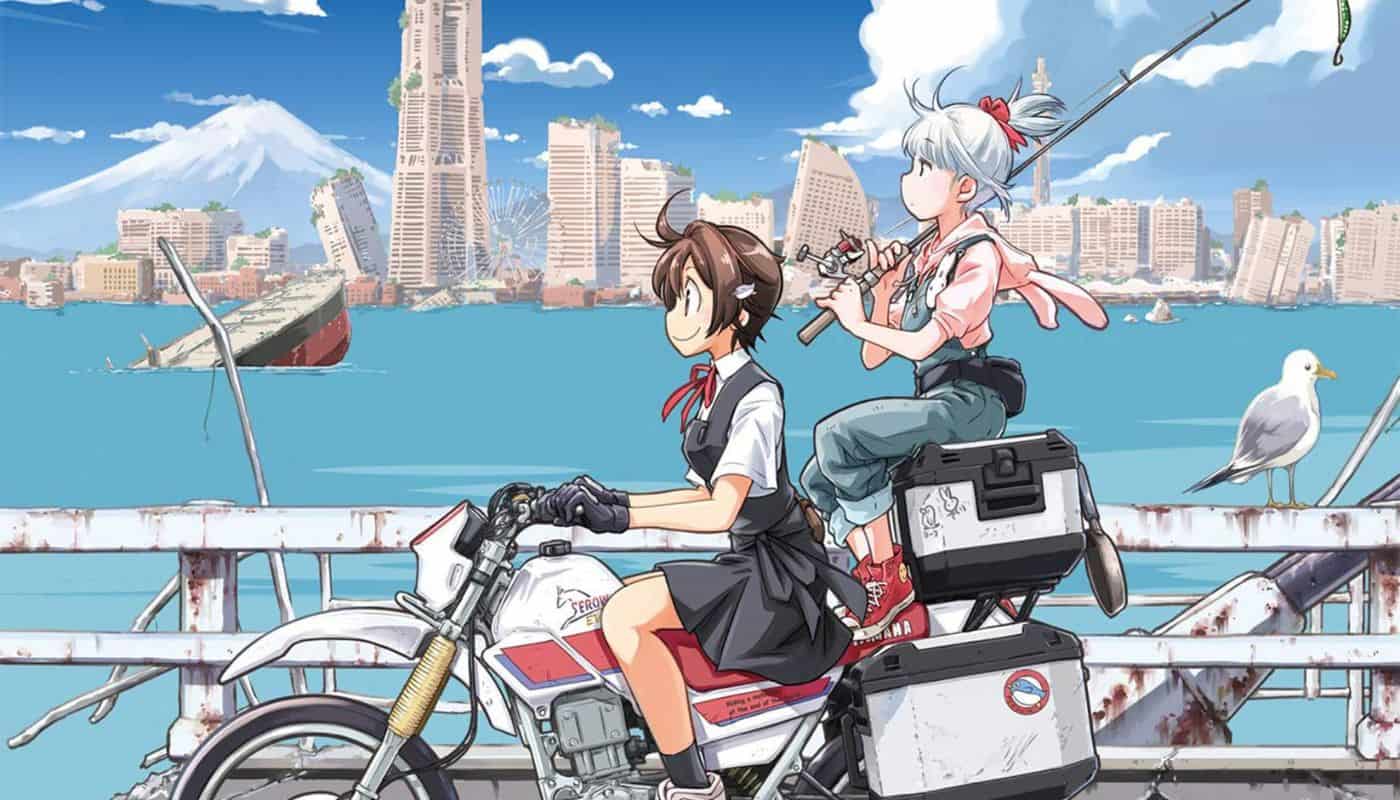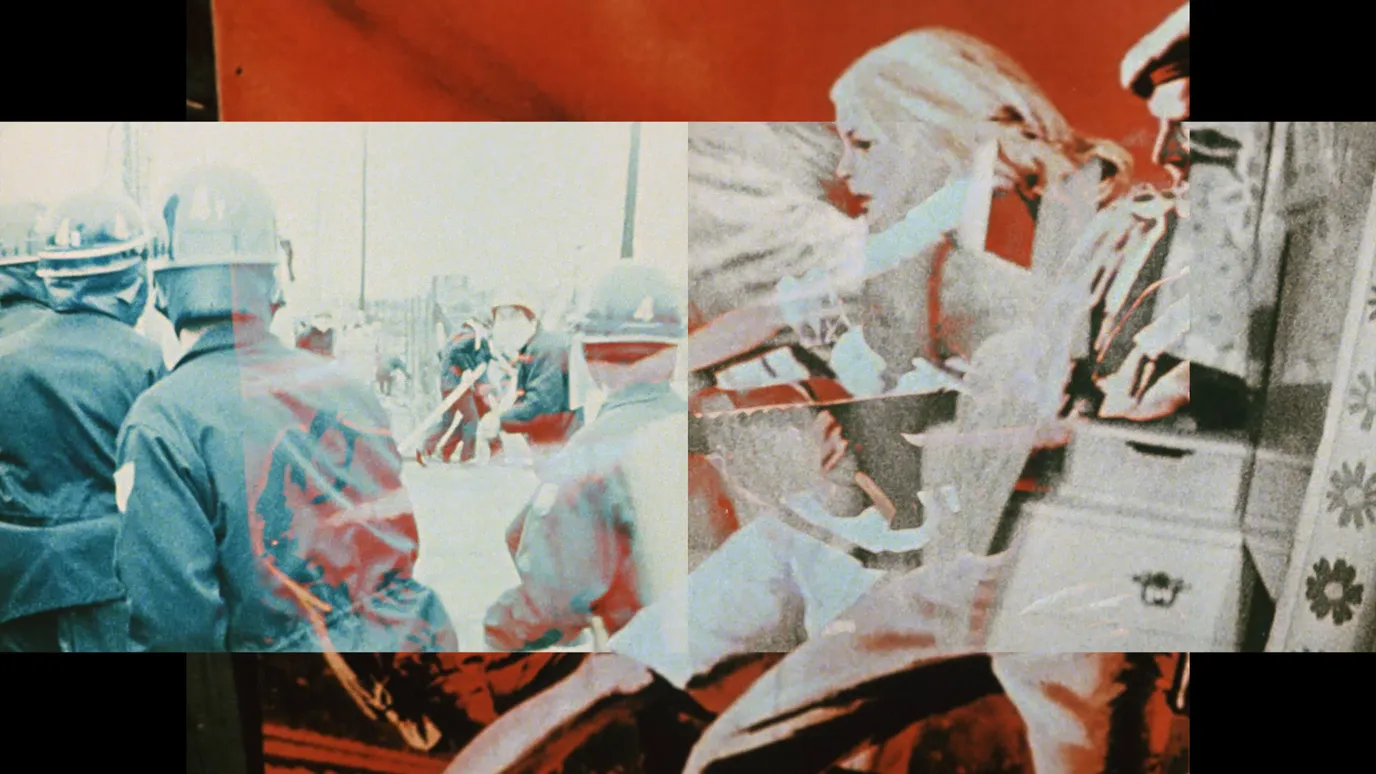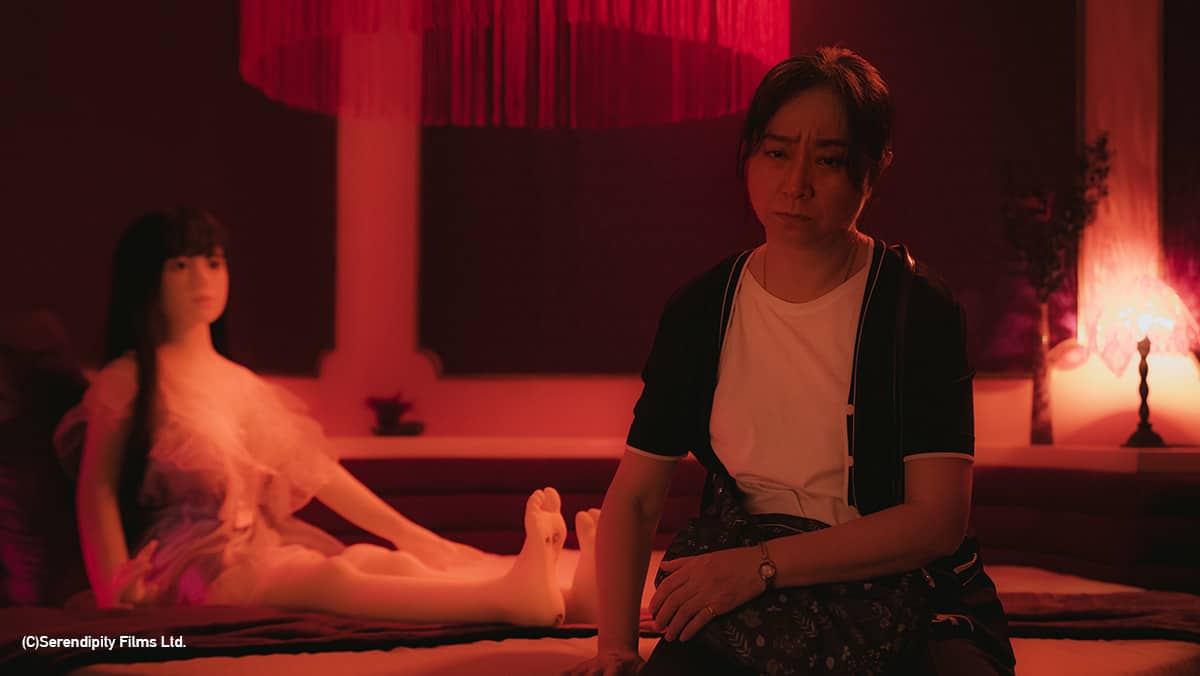Turkish director Ferit Karahan's second feature “Brother's Keeper” was awarded the Fipresci prize in the Panorama competition of Berlinale which had meatier films to offer – for instance, the likes of Carlos Alfonso Corral's feature debut “Dirty Feathers”, or Damien Odoul's “Theo and the Metamorphosis”. Despite of its many flows, it is a film that will stick in one's mind for its depiction of life in a remote boarding school for Kurdish boys in Eastern Anatolia, cut off from the rest of the world by mountains and the long, cruel winter months.
Brother's Keeper is screening on Berlinale

The story plays during one night and one day against the backdrop of a heavy snowfall that presses even harder on the already secluded life in a school where discipline is everything. The kids live under harsh conditions, with broken heating, heavily rationed food portions, screamed at and beaten by professors with no emotional connection to the already broken young souls. The children, scared and feeling unloved, either turn to bullies or get bullied, but none of them is spared of harsh punishments no matter what kind of “crime” they commit in the eyes of their tutors.
The film kicks off with one of such punishments, when the 11-year-old Memo (Nurullah Alaca) has to endure a long cold shower in the already cooled off school, with the temperature outside reaching -35°C. The next day, he can't move, but he's not showing typical signs of a cold-inflicted illness. He has no fever, and he doesn't caugh or sneeze. And although he barely can move, let alone speak – nobody shows empathy for the boy, except his best friend Yusuf (Samet Yildiz) who's sharing a dorm with him and another two boys. Not only that – no one is even willing to listen to Yusuf who tries to tell almost every possible adult person on the premises that his friend is sick and that he needs help.

The is no doctor or a nurse in the school, only one slightly older boy being in charge of the key of the so called “sick room” outside of the main building. But there, the only medicine in the cabinet is aspirin. Memo is put down on the bed tucked in blanket, to wait for help. With the snow storm that makes the phone connections even more impossible than they already are (not that the boys are entitled to cell phones), the principle's car that has summer tires, and the super busy ambulance car, the chances of help coming diminishes with every hour.
Karahan depicts the boarding school as a place of cruelty where dog eats dog, and where the most innocent crack under pressure with no adequate counselling, or love and understanding. The iron discipline forced upon the boys isn't any different from the one expected from a professional soldier. In a sense, they do perform similar functions – “forming” personalities to the taste of the state. Absolute obedience, and nothing else is tolerated between the school's walls. The director himself is talking about “Brother's Keeper” as a film that deals with fear, just like his previous work.
With a story based on his own experiences from six years spent in such a school as a child, Karahan, so to speak, returned to “the scene of the crime”. His young cast was selected during scouting for locations, with most of them knowing what that environment looks like. What's missing though is a convincing performance, less so by the very young cast, and the attempt of the film at a message is flat-out disappointing.


